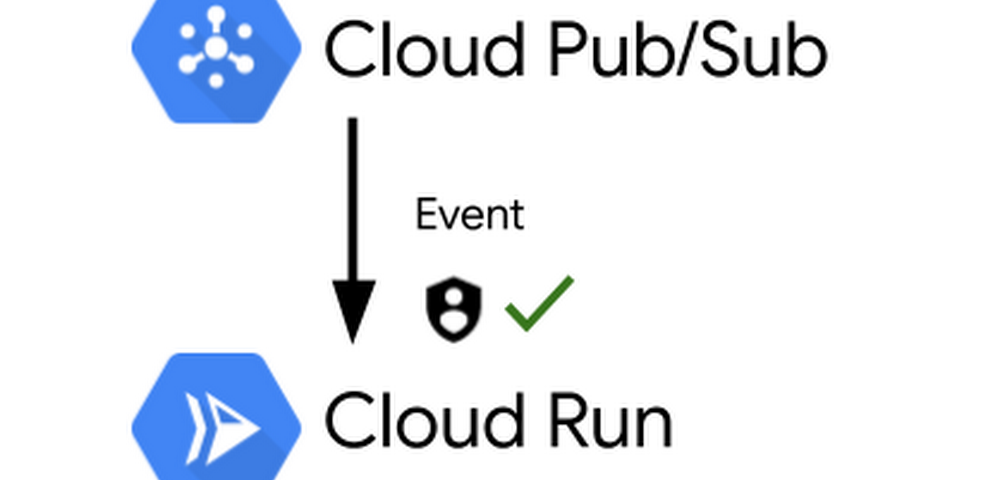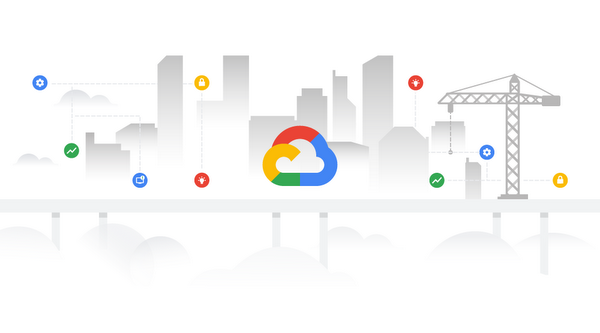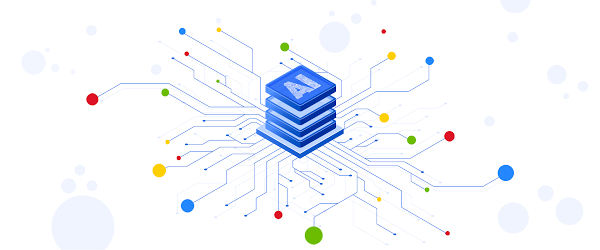For a given container instance, you are only charged when:
- The container instance is starting, and
- At least one request or event is being processed by the container instance
During that time, Cloud Run bills you only for the allocated CPU and memory, rounded up to the nearest 100 milliseconds. Cloud Run also charges for network egress and number of requests.
As shared by Sebastien Morand, Team Lead Solution Architect at Veolia, and Cloud Run developer, this allows you to run any stateless container with a very granular pricing model:
“Cloud Run removes the barriers of managed platforms by giving us the freedom to run our custom workloads at lower cost on a fast, scalable and fully managed infrastructure.”
Read more about Cloud Run pricing here.
Concurrency > 1
Cloud Run automatically scales the number of container instances you need to handle all incoming requests or events. However, contrary to other Functions-as-a-Service (FaaS) solutions like Cloud Functions, these instances can receive more than one request or event at the same time.
The maximum number of requests that can be processed simultaneously to a given container instance is called concurrency. By default, Cloud Run services have a maximum concurrency of 80.




